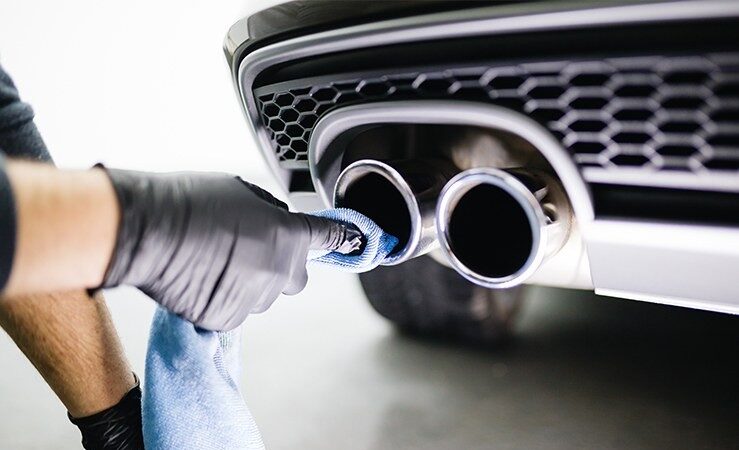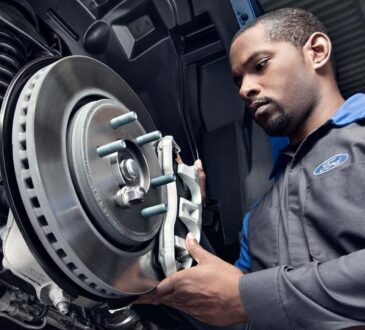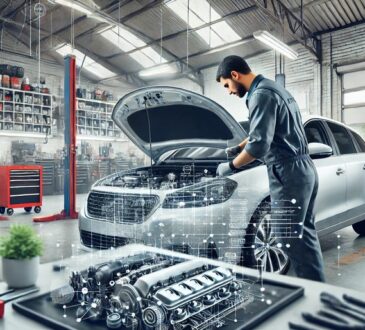
While newer vehicles come equipped with more advanced exhaust systems, they are still susceptible to the same environmental factors that cause muffler issues in older cars. Rust and corrosion are common problems due to exposure to moisture, road salt, and chemicals on the road. Although newer materials and protective coatings help reduce corrosion, these factors can still wear down the muffler over time. Road salt used in colder climates is especially damaging, accelerating the rusting process and compromising the muffler’s effectiveness.
Driving Habits and Short Trips
Even with the latest technology, driving habits can still contribute to muffler problems. Vehicles driven primarily for short trips, particularly in cold weather, may experience muffler damage. When a vehicle starts in cold weather, the exhaust system doesn’t have time to fully heat up and evaporate the moisture inside the system. This constant build-up of moisture can lead to rust and corrosion in the muffler. Modern cars are designed with more efficient exhaust systems, but short trips that don’t allow the engine to fully warm up can still result in premature wear on the muffler.
Poor Fuel Quality and Contaminants
While newer cars are designed to be more fuel-efficient and eco-friendly, the quality of fuel used can still impact the health of the muffler. Low-quality fuel, fuel additives, or contaminated fuel can introduce impurities into the exhaust system, causing the muffler to deteriorate. These contaminants can clog up the muffler, leading to reduced exhaust flow and, in severe cases, muffler failure. Despite improved fuel technology in newer vehicles, poor-quality fuel can still create long-term damage to the exhaust system. Going for the Auto Repair in Augusta, GA based services would be essential here.
Increased Performance Demands
Many newer vehicles, especially performance or sports models, are designed for increased power and efficiency. However, the higher demands placed on the engine can result in more strain on the exhaust system, including the muffler. While these vehicles are built to handle the increased pressure, the stress on the muffler can still lead to premature wear or failure. Frequent acceleration and high-speed driving, although necessary for performance, can cause the muffler to degrade faster compared to normal city driving conditions.
Manufacturing Defects and Poor Design
Despite advancements in manufacturing, newer vehicles can still suffer from defects or poor design choices that affect the muffler’s durability. In some cases, cheaper materials or faulty design can result in a muffler that’s prone to failure much earlier than expected. While automakers strive to improve the longevity of their components, a faulty muffler due to poor design or materials can occur even in the latest models. This can lead to unnecessary repairs and replacements within a few years of ownership.
In conclusion, newer vehicles are not immune to muffler issues. Environmental factors, driving habits, fuel quality, performance demands, and even manufacturing defects can all contribute to muffler problems. Regular maintenance and prompt attention to muffler issues are essential to ensure your vehicle remains in top condition, regardless of its age.




